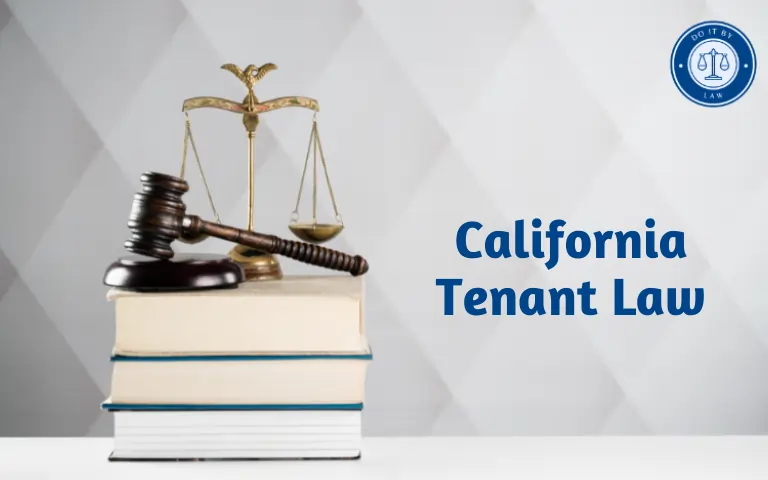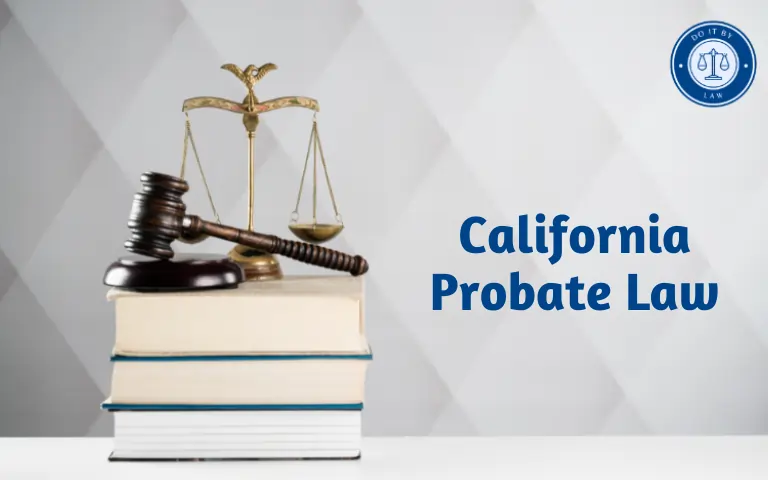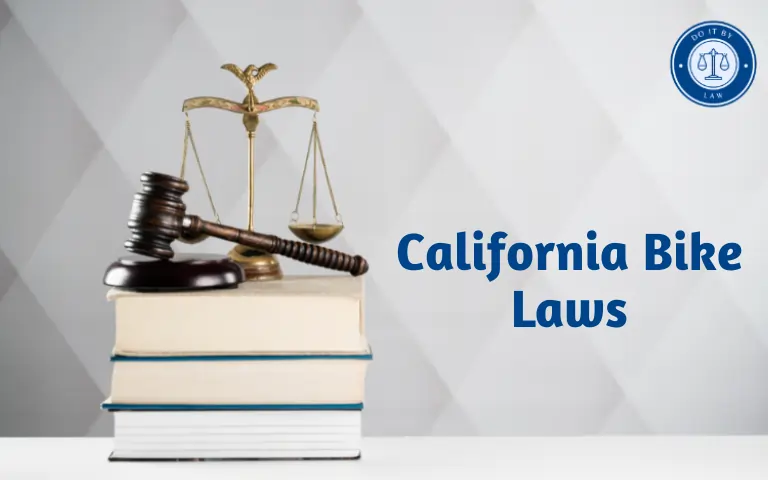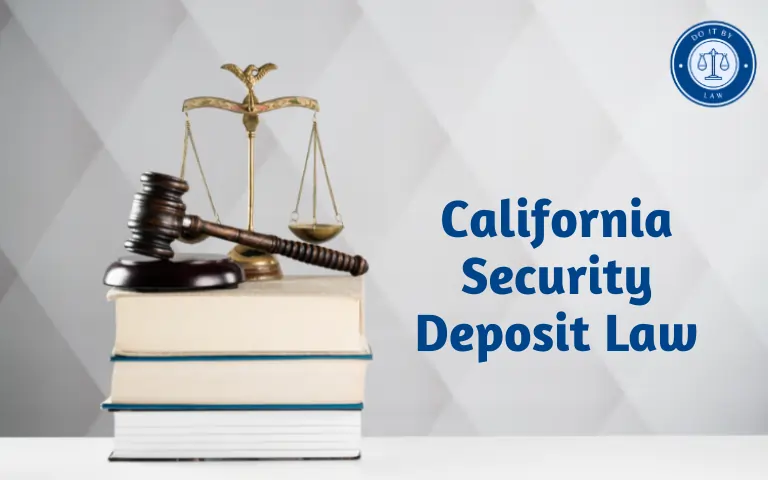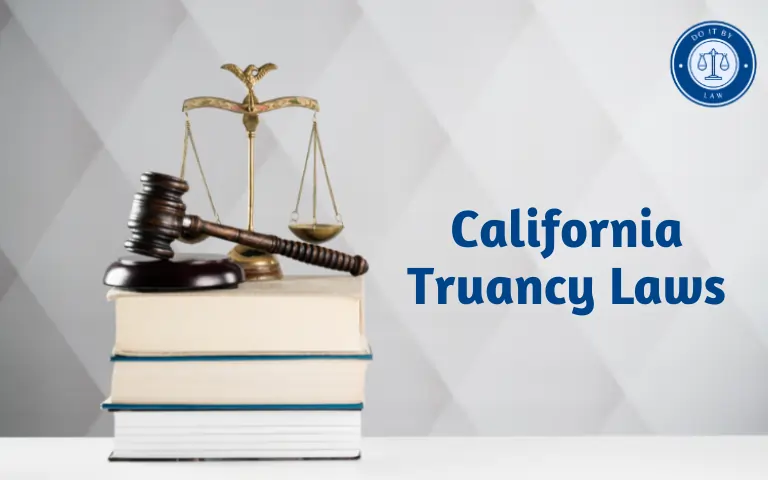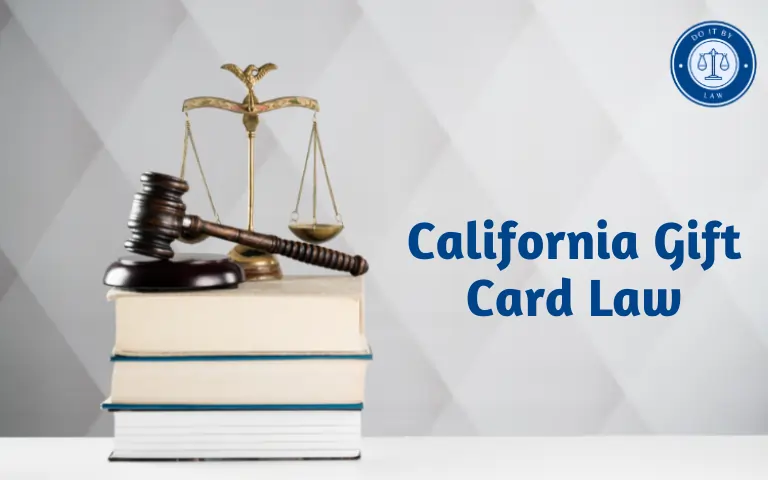California Tenant Law: What Renters Need to Know
California Tenant Law protections with landlord rights and responsibilities require extensive statutes and case law in California. Key regulations include limits on security deposits, just cause eviction standards, anti-discrimination rules, mandated habitability, rent control, and required notices for various scenarios.
Mastering tenant rights under California State law enables renters to effectively pursue remedies when issues arise. Most disputes center on security deposit returns, maintenance defects, illegal entries, harassment, improper evictions, discriminatory treatment, or uninhabitable conditions. Landlord ignorance of exact duties remains common. Consultation with tenant lawyers helps resolve conflicts.
While complex, core tenant protections aim to prevent egregious abuses of power and negligent property management through reasonable rights and enforced responsibilities. This overview covers key aspects of California tenant law apartment renters and other residential lessees should know.
History of California Tenant Law Protections
California enacted pioneering tenant protections starting in the 1970s as urban housing issues grew. Key developments include:
- 1970 – Required 30-day written notice for month-to-month tenancy terminations. Previously only 7 days.
- 1970s – Strict limits on security deposit amounts and uses were enacted.
- 1979 – Landmark habitability warranty case established landlord duties to maintain safe, livable premises.
- 1980 – Rent control authorized for cities declaring housing shortage emergencies.
- 1995 – Statewide restrictions on rent increases for long-term tenants were introduced.
- 2019 – “Just cause” eviction standards implemented, requiring valid specific grounds before terminating tenancies.
California continues strengthening tenant rights through legislation, regulations, and court rulings. Understanding this evolving framework is essential for California renters.
Key California Tenant Rights and Protections
Major rights for tenants under California law include:
- Habitability – Landlords must provide clean, safe, and habitable premises suitable for occupation as defined in statutes.
- Limits on security deposits – No more than 2 months rent for unfurnished, 3 months if furnished. Must be returned with itemized deductions within 21 days of vacancy.
- Caps on application screening fees – No more than $50 per applicant typically. Higher for conditional tenancy approvals.
- Just cause eviction – Landlords can only terminate tenancy for certain valid reasons like non-payment or violation of lease terms after appropriate notice.
- Rent control – Cities can limit annual rent increases below 10% for tenants occupying units for 12+ months in declared emergency shortage areas.
- Anti-discrimination – Cannot refuse tenancy or treat tenants differently based on protected classes like race, religion, family status, disability, etc.
- Reasonable accommodations – Tenants can request exceptions to policies to accommodate disabilities or religious practices. Required if not an undue burden.
- Limits on landlord entry – Reasonable notice is required to enter the rental unit for inspections, repairs, and showings unless emergency.
- Quiet enjoyment – Landlords cannot interfere with the appropriate use of premises. Harassment prohibitions protect tenants.
California Tenant Law Obligations and Responsibilities
Alongside rights, tenants assume key duties:
- Pay rent fully and on time following lease terms.
- Avoid damaging premises beyond normal wear and tear.
- Maintain property cleanliness, sanitation, and safety.
- Permit landlord reasonable entry with notice to make repairs, improvements, inspections, showings to other renters, or services.
- Refrain from nuisance behavior infringing on other residents’ quiet enjoyment of their units.
- Obtain rental insurance to cover belongings against risks like theft or disasters. Landlord not responsible.
- Provide proper notice before terminating a lease early or vacating at the end of the lease term.
- Abide by all community rules, bylaws, and covenants. Avoid illegal behavior on-premises.
Balancing tenant and landlord rights hinges on both parties upholding respective duties and scaffolding a constructive relationship.
Key California Landlord Responsibilities
Central landlord obligations under California tenant law include:
- Providing habitable premises suitable for residential occupancy.
- Making necessary repairs and maintenance promptly.
- Ensuring functioning utilities and services like heat, hot water, and gas.
- Allowing quiet enjoyment without undue entries, interruptions, or harassment.
- Giving proper notices for entry, inspection, showings, or maintenance affecting tenancy.
- Not discriminating against protected classes in showing, renting units, or providing services.
- Making reasonable accommodations for disabilities.
- Following security deposit and prepaid rent limits and proper accounting.
- Avoiding retaliatory evictions or actions when tenants exercise rights under the law.
- Communicating about lease terms, rent increases, fees, and community policies.
Substantial duties aim to ensure lawful constructive businesslike tenant relations. Negligent or exploitative landlords face penalties.
Notice Requirements in California Tenant Law
Many situations require formal legally compliant written notices between landlords and tenants:
Tenant notices
- 30 days for terminating the monthly tenancy
- For early termination under a lease
- Regarding needed repairs
- To contest excessive damages claims when vacating
Landlord notices
- 24 hours to enter rental for repairs, services, or showings
- 3 days to remedy lease violations before any termination
- 30-60 days for no-fault just cause terminations
- 60 days for most at-fault just cause terminations
- 90 days for tenancy termination involving foreclosures
Proper formatting and delivery method requirements apply. Reasonable extensions may be negotiated. Notices provide key tenant protections.
California Tenant Law Rights Regarding Security Deposits
Strict statutes protect tenant deposits in California:
- Limits deposit to 2 months rent unfurnished, 3 months furnished. Local laws can further restrict.
- Landlords must place in separate trust accounts. Cannot come operating funds.
- Deposits must be fully refundable within 21 days of vacancy barring allowable deductions.
- Tenants must be given walkthrough inspection and repair cost estimates before moving out.
- Landlords can only deduct for damages beyond normal wear and tear. Cleaning fees are restricted.
- Tenants can dispute excessive or undocumented deductions. Photos recommended documenting the condition.
- Unlawfully withheld deposits entitle tenants to full refund plus 2x damages penalty.
Documenting the pre-rental condition, retaining receipts, and conducting a walkthrough before returning keys aids security deposit return.
California Tenant Law Rights to Habitable Premises
Landlords must provide and maintain:
- Functioning plumbing, gas, electrical, heating, and appliances
- Hot and cold running water; adequate water pressure
- Working toilets, sinks, showers
- Natural/mechanical ventilation
- Safe structural elements – no leaks, mold issues
- Security measures like locks, lighting
- Trash receptacles; extermination if vermin present
- Smoke and carbon monoxide detectors
Tenants can pursue rent withholding or reductions if conditions seriously violate habitability. Repair and deduct remedies are also available for minor issues.
Tenant Options for Resolving Disputes and Violations
If landlords neglect duties, tenants can pursue resolution through:
- Communication – Contact the landlord politely in writing citing issues and needed remedies. Allow a reasonable timeframe to correct. Offer flexible access.
- Mediation – Free housing mediation services are available in some municipalities to resolve disputes out of court.
- Rent withholding – For major habitability defects, tenants can withhold rent with formal notice until fixed. Requires escrowing money.
- Rent adjustment petitions – Seek reduced rent aligned with the diminished value of the defective unit.
- Repair and deduct – Hire professionals to fix minor issues then deduct costs from rent. Requires proper notice steps.
- Government complaints – Report health, safety, harassment, discrimination, or neglect issues to local code enforcement or state agencies.
- Free legal aid – Local law clinics provide tenants with free advice and representation in disputes.
- Private lawyers – Hire a tenant lawyer for guidance or representation in legal action like deposit disputes or eviction defense.
Save evidence like condition photos, documents, and communications should formal action become necessary.
Illegal Landlord Actions Under California Law
Prohibited practices include:
- Locked out unlawfully – Blocking tenant access without a court order.
- Shutting off utilities – Restricting electric, gas, and water.
- Taking possessions – Seizing tenant belongings illegally as a bargaining chip.
- Entering improperly – Abusing right of entry without sufficient notice.
- Removing doors/appliances – Preventing use of unit essentials.
- Renting a condemned property – Offering unsafe/uninhabitable accommodations.
- Discrimination – Rejecting tenants based on race, gender, source of income, or other protected classes.
- Retaliation – Punitive rent hikes or eviction attempts after tenants assert rights.
- Rent overcharging – Violating local rent control limits on increases.
Remedies like fines, damages, barred evictions, and law enforcement intervention deter illegal landlord harassment, coercion, or neglect.
Recent Changes in California Tenant Law
Key developments include:
- COVID-19 protections – Bans on pandemic evictions, rent repayment plans, and rental assistance. Partially expired but local extensions remain.
- CPI rent cap – Since 2020, rent increases are limited to 5% plus regional Consumer Price Index, typically ~10% total maximum.
- Source of income discrimination ban – Landlords cannot reject tenants for paying with government assistance like Section 8 vouchers.
- Statewide rent control cap – 2019 law capped annual rent increases at 5% plus CPI, but exempted older buildings.
- Just cause eviction – Requires specific valid reason for termination after a tenant occupies 1+ years. Prevents arbitrary lease non-renewal.
- Right to counsel – Some cities initiated free legal representation programs for low-income tenants facing eviction.
Recent reform efforts expanded tenant protections significantly. However ongoing housing shortages and affordability pressures perpetuate landlord-tenant disputes.
Common Landlord-Tenant Disputes Under California Law
Frequent conflicts involve:
- Illegal entry – Tenants often report improper landlord entry without sufficient notice.
- Late fees – State law limits fees for delayed payment of rent but illegal charges still occur.
- Parking rights – Disputes over parking space assignments, availability, and policies are common.
- Maintenance issues – Slow or negligent repairs including leaks, mold, utilities, and appliances. Studies show lower income areas face greater deficiencies.
- Noise complaints – Excess noise from other units is a leading tenant frustration. But standards balance rights.
- Smoking policies – Secondhand smoke disputes arise as more properties adopt smoke-free policies. However regulation balances individual rights.
- Emotional support animals – Tenants often conflict with landlords improperly denying legitimate requests.
Asserting tenant rights procedurally proves essential to compelling remedies. Documentation like dated photos and written notices is key. Landlord education on legal duties is also critical.
Resources in California Tenant Law
Key resources for tenant guidance include:
- Local city/county rent boards – Many municipalities provide tenants’ rights guides, counseling, mediation services, and housing court assistance.
- California Department of Fair Employment and Housing – State agency addresses housing discrimination complaints.
- California Tenant Law orthoportal – State overview of tenant rights and links to local resources.
- TURN Tenant Rights Clinic – nonprofit providing free telephone counseling on habitability, evictions, lease terms, security deposits, and more.
- California Low-Income Tenant Legal Assistance Directory – Database of local legal aid clinics and groups aiding renters.
Seeking unbiased guidance early prevents minor disputes from escalating. Counselors can advise tenants on constructive approaches to respecting landlord rights too.
Conclusion
While intricate regulations protect tenant interests, the best outcomes result when landlord and tenant relations remain constructive through mutual respect and communication. But knowing rights helps tenants assert critical habitability, anti-discrimination, eviction, and deposit protections essential for fair, lawful housing in California. Resources exist to help educate both tenants and landlords about positive rental experiences.

